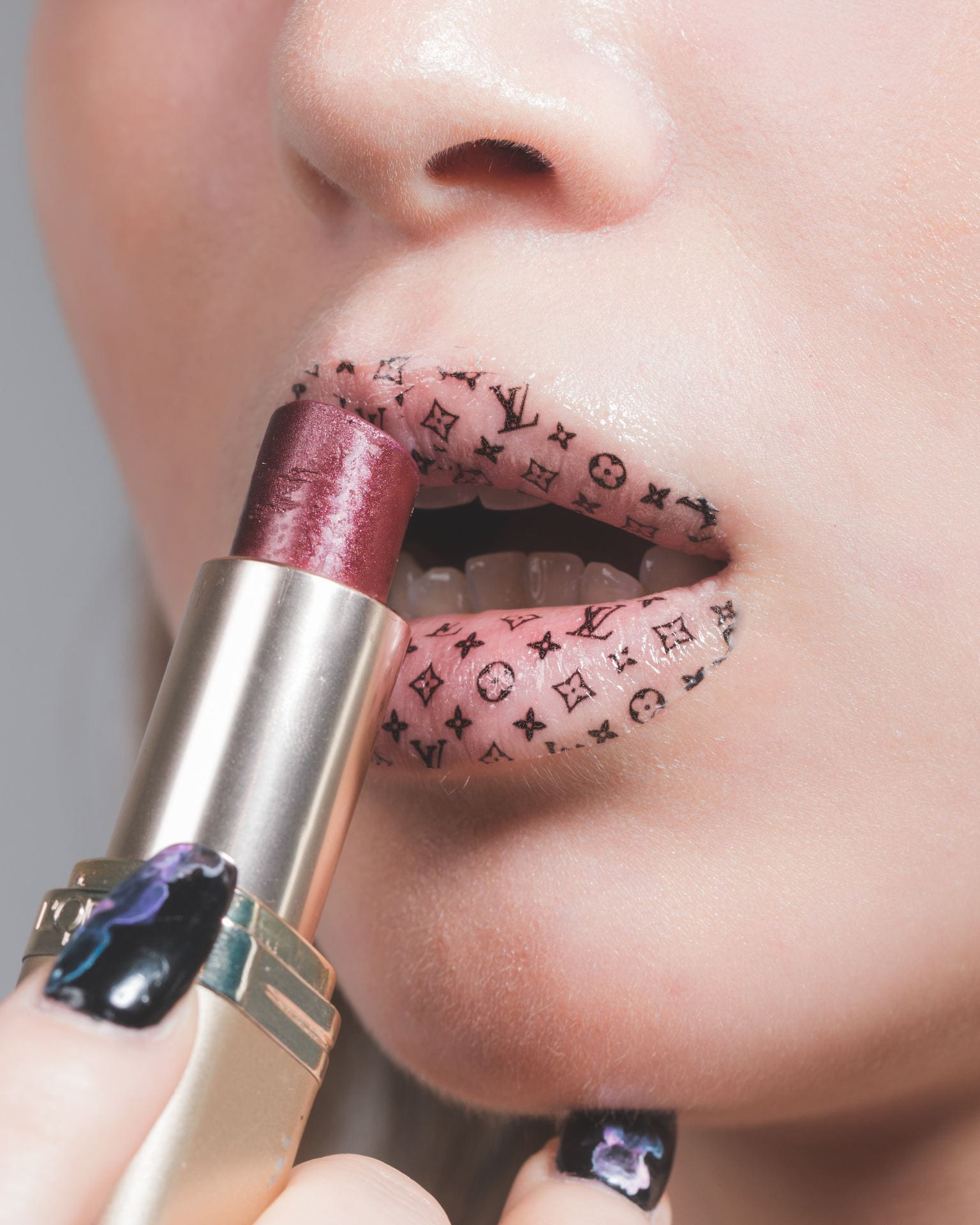We do a lot to make ourselves look more attractive. Men and women use hair dye to avoid the appearance of aging. Some people with curly hair straighten it. Others with straight hair curl it. We style hair, we comb, we brush.
Where we have too much hair, we remove it (over and over). If we lose hair to cancer treatment or aging, we do everything we can to bring it back.
Makeup is a billion-dollar industry for one simple reason: Makeup, applied correctly, makes a person look better. Blemishes, unwanted freckles — gone. Red cheeks added.
Cosmetic surgery has been popular for decades. I have known different women who had a nose job, ear pinning, removal of a third nipple, correction of a cleft palate, breast enlargement. No one has ever told me about lip plumping or butt enlargement. Some individuals have surgery after surgery, never being fully satisfied. They may have body-dysmorphic disorder.
I had my teeth straightened as a teen. I then got contacts lenses on the theory that girls don’t make passes at boys who wear glasses.
If we cannot fix the real thing, we alter the image. Photoshopping, anyone? When a psychology journal wanted me to supply a photo to go with an article I wrote on the halo effect in marking student work, I took a photo of my research assistant looking like an adoring student. My amateur camera work left dark areas under her eyes. Presto, change-o: My daughter in another city removed the dark areas and added a halo.
Lately I have been seeing young women use filters on video calls. The effects astound me. Some filters make a person look like a mythical creature. Celebrities use filters to make themselves look thinner in face and body, to have lighter skin and bigger eyes. The filters move perfectly with the person.
Psychologists wonder whether the filters promote unrealistic beauty goals and self-rejection. Psychologists can be killjoys, even when they make good points.
I do not criticize anyone who puts time and money into looking better. However, physical appearance is not everything. Character and kindness matter. Skill and effort do too. Neurosurgeons help us more by making the right incisions than by looking physically attractive.
I reckon that the person who looks best to you is the one who helps you in a moment of need, the one who laughs at your jokes, the one who treats you with affection.
Photo by GREG KANTRA on Unsplash




0 Comments